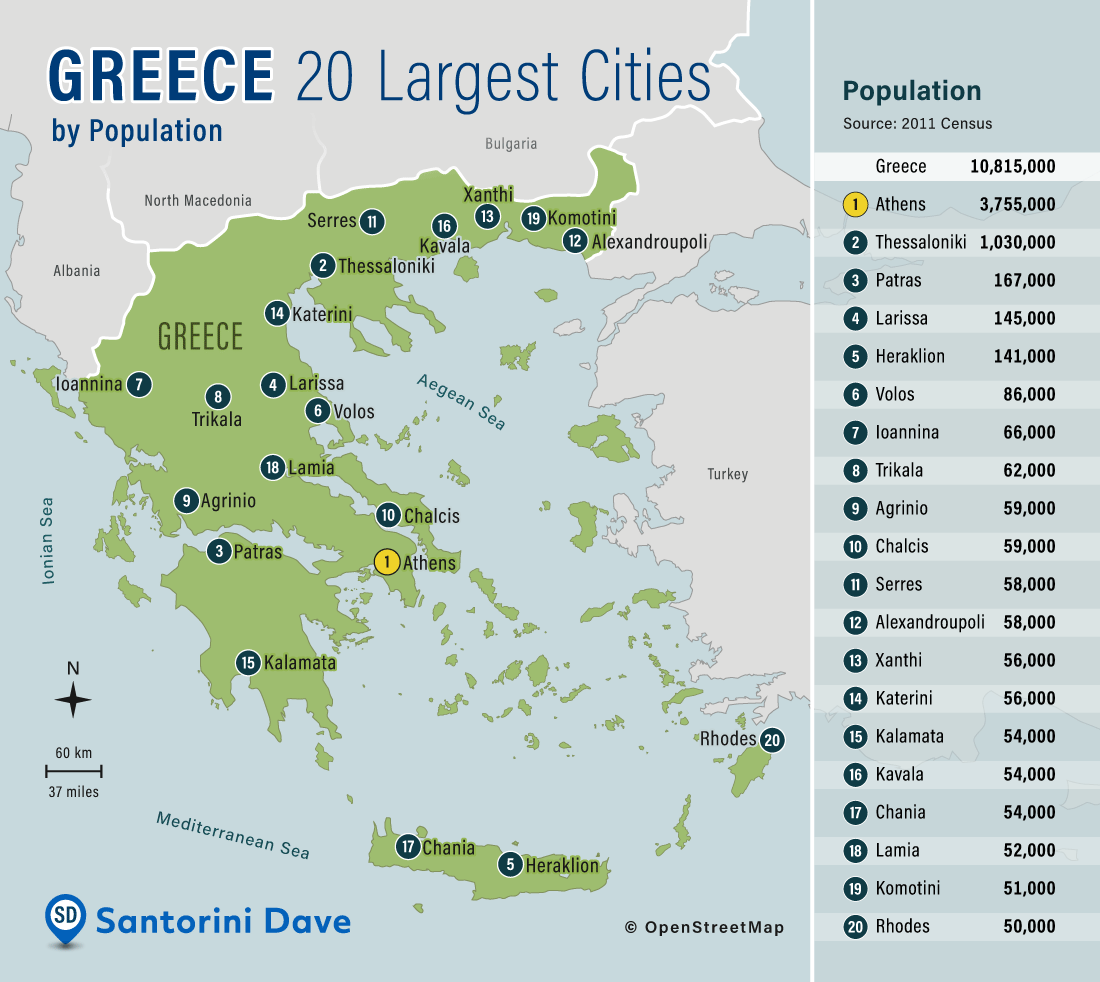The country I decided on was Greece! I have always found it interesting and wish to travel there one day. Greece has many different islands and 80% of Greece is made up of mountains, one could discover so much in different islands or islets (a small island). I can't wait to read more about Greece and it's History. Hazards are when an earthquake, tornado, windstorms, etc. may occur and it can be a threat. A disaster includes a hazard but it is in a specific area and declared a state of emergency and could possibly need international help. With that being said, a catastrophe involves a hazard that really effects everything around it. It does a lot of damage to human life, wild life, and property which takes a big amount of money and time to recover.
Resources: Introduction-Ch1
https://www.trafalgar.com/real-word/facts-greece/

Welcome to Geol9!
ReplyDelete